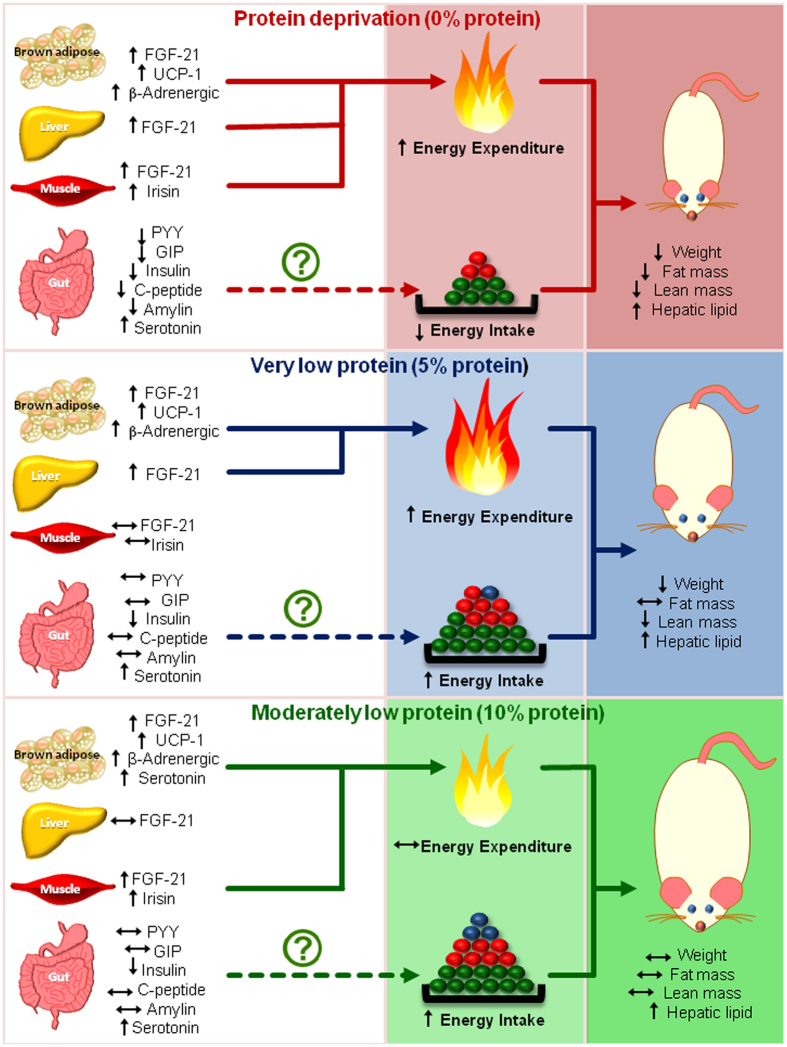Figure 8. Model of potential mechanisms by which low protein diets modulate energy balance.
Protein-free diets decrease energy intake and enhance energy expenditure resulting in loss of body weight, fat and lean mass, whereas very low protein diets promote hyperphagia and thermogenesis with resultant reduction in weight and lean mass, and moderately low protein diets are hyperphagic without altering energy expenditure and body fat and lean mass. Enhanced sympathetic, serotonergic and fibroblast growth factor-21 (FGF21) secretion and signalling likely contribute to the thermogenic effects of protein-free and very low protein diets. It is unlikely that anorexigenic gut peptides play a role in modulating intake, however, enhanced serotonergic signalling, likely of gut origin, mediates the effects of low protein diets on food intake. Further, dietary protein deficiency promotes hepatic lipidosis. Arrows pointing upwards, downwards or horizontally indicate an increase, decrease or no change, respectively. Pathways that need further validation are indicated by dashed lines. The colored circles represent relative proportions of protein (blue), carbohydrate (green) and fat (red) in the diet, respectively.

